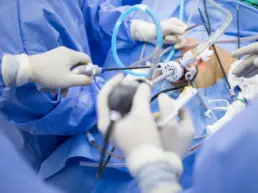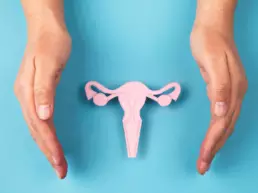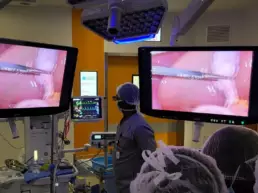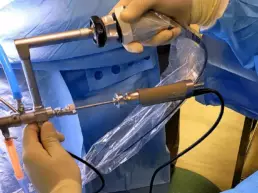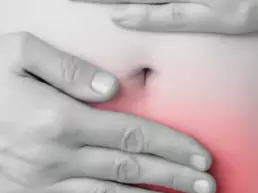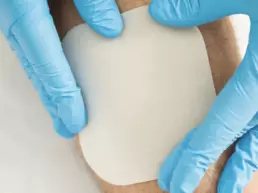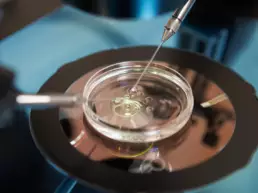Male Circumcision in Nairobi
Male Circumcision in Kenya is the surgical removal of the foreskin covering the tip of the penis. Circumcision procedure is fairly common for newborn boys in Kenya. Adult Male Circumcision is possible, but it’s a more complex surgical procedure.
For most families, male circumcision is a religious ritual. This procedure can also be a matter of family or tribal tradition, personal hygiene or preventive health care.
Why is Male Circumcision done?
Circumcision is a religious or cultural ritual for many Jewish, Islamic and even Christian families, as well as certain aboriginal tribes in Africa. Male Circumcision can also be a matter of family tradition, personal hygiene or preventive health care.
In some cases there may be a medical need for circumcision, such as when the foreskin is too tight to be pulled back or retracted over the glans. In other cases, particularly in parts of Africa, male circumcision is recommended for older boys or adult men to reduce the risk of certain sexually transmitted diseases.
Male Circumcision might have various health benefits, such as:
- Better hygiene. Circumcision makes it easier to wash the penis.
- Decreased risk of urinary tract infections. The risk of urinary tract infections in males is low, but these infections are more common in uncircumcised males.
- Decreased risk of sexually transmitted infections. Circumcised men might have a lower risk of certain sexually transmitted infections, including HIV.
- Prevention of penile problems. Occasionally, the foreskin on an uncircumcised penis can be difficult or impossible to retract, called phimosis. It might lead to inflammation of the foreskin or head of the penis.
- Decreased risk of penile cancer. Although cancer of the penis is rare, it's even less common in circumcised men.
Circumcision might not be an option if certain blood-clotting disorders are present. Also, male circumcision might not be appropriate for premature babies who still require medical care in the hospital nursery or for babies born with abnormalities of the penis.
Risks of Male Circumcision
Some of the most common complications associated with male circumcision are bleeding and/or infection.
Rarely, circumcision might result in foreskin problems, usually if performed by a non qualified proffesional. such as:
- The foreskin might be cut too short or too long.
- The foreskin might fail to heal properly.
- The remaining foreskin might reattach to the end of the penis, requiring minor surgical repair.
What to expect
During the procedure
Newborn male circumcision is usually done in the hospital nursery, within 10 days after birth.
For newborn circumcision, your son will lie on his back with his arms and legs restrained. After the penis and surrounding area are cleaned, an anesthetic will be injected into the base of the penis or applied onto the penis as a cream. A special clamp or plastic ring will be attached to the penis and the foreskin will be removed.
Then, the penis will be covered with an ointment, such as a topical antibiotic or petroleum jelly and wrapped loosely with gauze. The procedure usually takes about 10 minutes.
This procedure is similar for older boys and male adults. However, this might need to be done under general anesthesia, recovery would longer and the risk of complications are greater when done later in life.
After the procedure
It usually takes seven to 10 days for the patient to heal. The tip of the penis is likely to be sore at first and might look red, swollen or bruised. You might notice a small amount of yellow fluid on the tip of the penis as well.
If your newborn is fussy as the anesthetic wears off, hold him gently, being careful to avoid putting pressure on the penis.
It’s OK to wash the penis as it heals. For newborns, change the bandage with each diaper change and apply a dab of petroleum jelly to the tip of the penis to keep it from sticking to the diaper. Change your baby’s diaper often, and make sure the diaper is loosely fastened.
Problems after circumcision are rather uncommon. But you should contact the doctor if:
- Normal and regular urination does not resume within 12 hours of the procedure.
- You notice a persistent bleeding.
- There's foul-smelling drainage from the tip of the penis.
- The plastic ring remains in place and does not fall off, two weeks after the procedure.
Specialized Medical Services in Kenya
Explore our services
Total Laparoscopic Hysterectomy
Total Laparoscopic Hysterectomy (TLH) in Kenya is a minimally invasive gynecological surgical…
Endometriosis Treatment Center
Endometriosis affects up to 10% of women between the ages of 15 and 44. Learn about Endometriosis…
General Surgery
General Surgery includes a core knowledge of anatomy, physiology, metabolism, immunology,…
Bariatric Surgery
Bariatric Surgery in Kenya, also referred to as weight loss surgery, is a category of surgical…
Gynaecology Surgeries
Gynaecology is a medical specialty that focuses on the female reproductive system, including the…
Interventional Pain Management
Interventional Pain Management is a "discipline of medicine devoted to the diagnosis and treatment…
Orthopaedic Surgeries and Joint Replacements
We offer a the whole spectrum of orthopaedic surgeries at our private hospital in Nairobi.
Wound Care Specialist Services
Wounds that are not managed well cause a lot of complications. At our hospital in Nairobi, we…
Infertility and IVF with PGS
We can help you make dreams of parenthood become a reality. Our state-of-the-art fertility facility…

